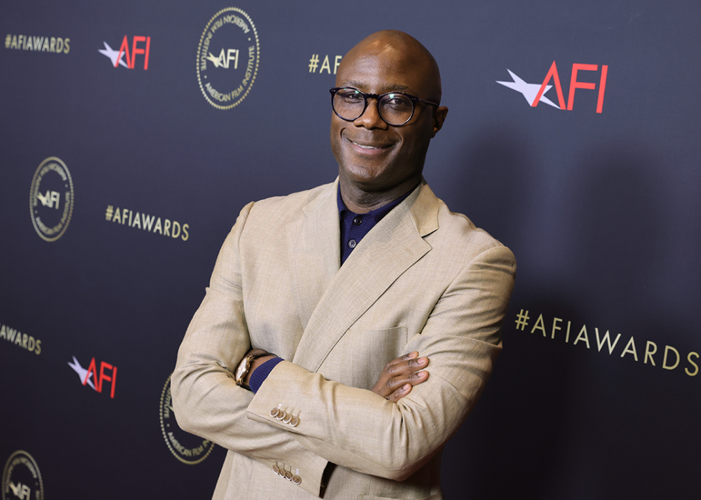“Mufasa: The Lion King” is an odd, odd movie.
Very realistic-looking lions, warthogs, meerkats and whatever break into song repeatedly. It’s like a curious fever dream that doesn’t want to go away.

"Mufasa: The Lion King" follows Simba's dad during the early years.
Because we first encountered the characters in two-dimensional animated form, it’s difficult to embrace them as photorealistic National Geographic staples singing and dancing. Sure, there was the 2019 “live-action” “Lion King” but, for some reason, those animals didn’t rankle. Here, they’re almost frightening.
Realism isn’t necessarily the best route for something like this. Using Rafiki as the storyteller and keeping the others silent might have avoided the disconnect.
Instead, director Barry Jenkins re-introduces us to Timon and Pumbaa, hears them whine about being cut out of this story, then gets the details on Mufasa, “The Lion King’s” dad. Separated from his family, he’s taken in by a friend’s family and treated like one of their own. Taka, the friend, resents the attention he gets but doesn’t say anything until he feels threatened. Then, it’s every lion for himself.
People are also reading…
Jenkins includes one too many natural disasters and has so many voices (and characters who look alike), it’s hard to tell one predator from another.

- Director: Barry Jenkins
Barry Jenkins is best known for his Best Picture Oscar-winning drama "Moonlight" and "If Beale Street Could Talk." Now he's lending his talents to Disney for the upcoming film "Mufasa: The Lion King," which will serve as a prequel to Jon Favreau's 2019 remake of "The Lion King." The 2019 movie broke ground with its photorealistic animation style, an aesthetic "Mufasa" will also adopt. In the aftermath of the Hollywood strikes, the release date was pushed from July to Dec. 20.
Naturally, the goal is to make you feel like this is a relative to the earlier films. The realistic “Lion King,” however, had James Earl Jones’ voice as Mufasa. Here, Aaron Pierre gets the honor and doesn’t come close to Jones. Kelvin Harrison Jr. voices Scar (called Taka, until an attack) and doesn’t quite have the style of his predecessor. While Beyonce returns (as Nala), her participation is limited. That means someone else has to fill in the gaps and that’s where we get white lions, elephants, giraffes, you name it.
None of the songs (written by folks involved in the first film) comes close to the originals. So, you get music “in the vein of” but nothing coursing with excitement.
Because it looks so real, “Mufasa” makes you doubt the authenticity of genuine nature films.
Disney’s desire to turn animated films into “live-action” ones should come with a caveat – if characters don’t normally sing and dance, they shouldn’t in remakes, either.
Jenkins manages realistic settings and stampeding animals quite well. But when Mufasa tries to make sense of his life, the film falls flat. “Mufasa” could have been 30 minutes shorter had some of the angst given way to something other than a cat fight.
The circle of life has been broken.
















